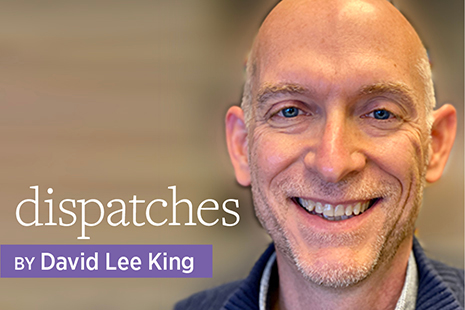
2024 Year in Review
January 2, 2025New values for challenging times On January 21, ALA Council approved five new Core Values • access • equity • intellectual freedom and privacy • the public good • sustainability Council cochairs Erin Berman and Sara Dallas explained the reasons for the changes: “This is a crucial moment for our profession, as our library community … Continue reading 2024 Year in Review









